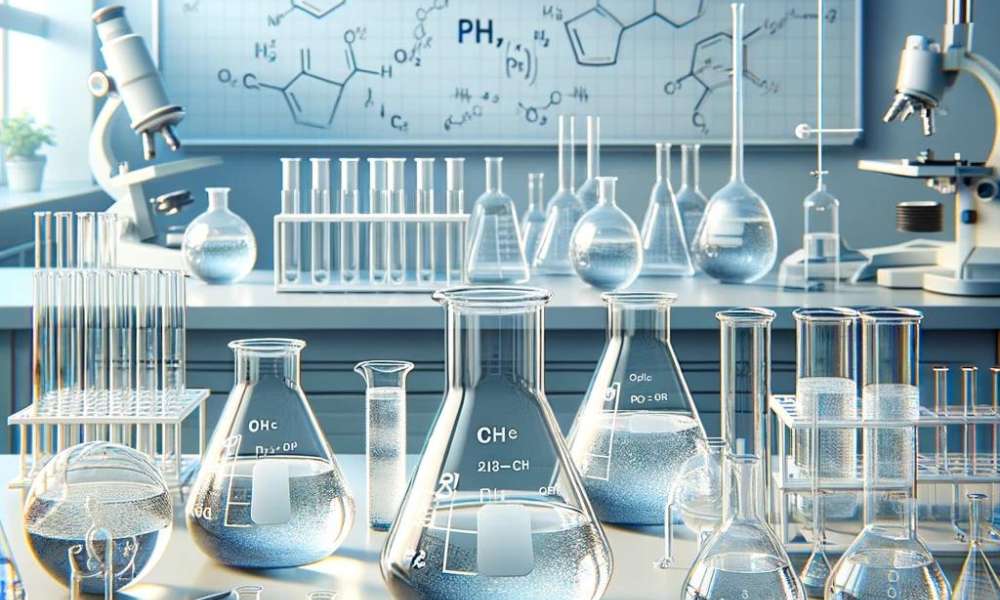When conducting experiments involving pH, the precision and reliability of your results are paramount. One often overlooked factor that can significantly impact your findings is the cleanliness of your glassware. why must you use clean glassware in experiments involving ph. There are several reasons why this is important. is given below.
1. Accurate pH Measurements
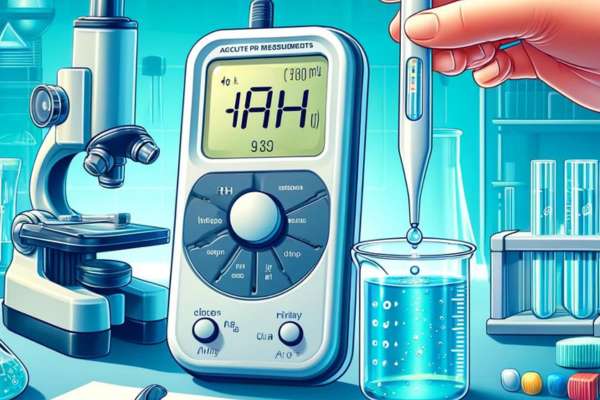
Accurate pH experiments demand precise measurements down to the decimal point. Clean glassware is essential because any foreign substance can alter the ion concentration in the solution and distort the pH value. For example, remnants of acids or bases from previous experiments can introduce unwanted ions, leading to deviations from the expected pH levels.
By ensuring that clean glassware is experiments involving pH thoroughly cleaned, we guarantee that the only factor affecting the pH reading is the solution being tested. This meticulous approach ensures the reliability and accuracy of pH measurements, which is crucial for obtaining valid experimental results. Proper lab practices, such as Using clean glass uphold the integrity of pH experiments, ts and contribute to consistent and reproducible outcomes.
2. Consistency and Reproducibility

To ensure reliable and repeatable outcomes in scientific experiments, consistently clean tableware is essential. Properly cleaned glassware eliminates contaminants that can introduce variability, leading to inconsistent results. Maintaining uniform conditions across multiple experiments is crucial, and clean tableware plays a pivotal role in achieving this consistency.
When glassware is not properly cleaned, contaminants can compromise the reproducibility of the experiment, undermining its validity and potentially leading to erroneous conclusions. By prioritizing the cleanliness of tableware, scientists can ensure that their experiments yield accurate and trustworthy results, reinforcing the principles of consistency and reproducibility that are fundamental to scientific research.
3. Preventing Contamination
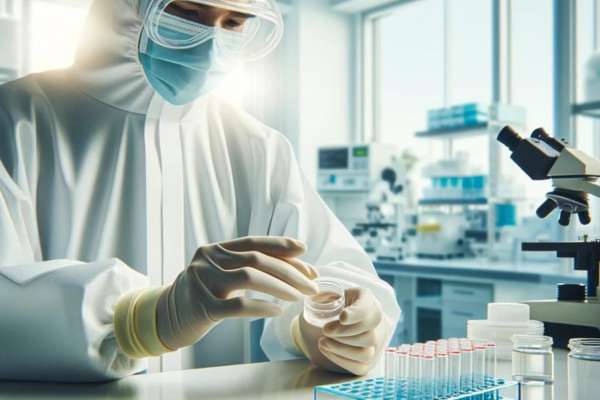
Contamination is a primary concern in any scientific experiment. Residual chemicals or substances from previous experiments can alter the pH of your solutions, leading to inaccurate results. Even trace amounts of contaminants can skew pH readings, as the pH scale is logarithmic and highly sensitive. Using clean glassware in experiments involving ph ensures that no extraneous substances interfere with your experiment.
4. Maintaining Accuracy

To understand the properties, reactivity, and behavior of a solution in different conditions, we rely on accurate pH measurements. Dirty or improperly cleaned glass introduces errors, compromising these measurements. By consistently cleaning glassware, we maintain the integrity of our pH data, ensuring reliable and reproducible results.
5. Ensuring Reproducibility
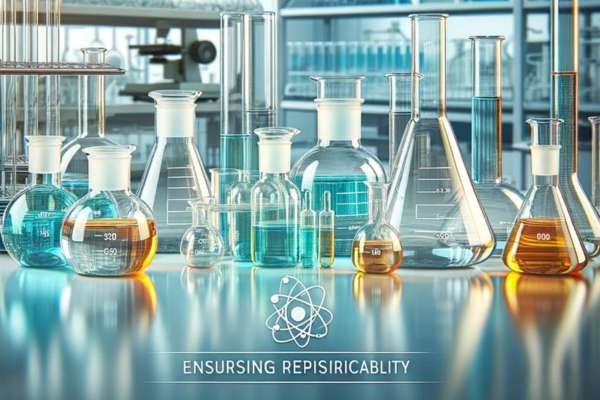
Clean glassware standardizes conditions across experiments and researchers, supporting the reproducibility of your work. Reproducibility forms a cornerstone of scientific research; other researchers must replicate your experiments and obtain the same results. Contaminants in unclean tableware cause variations in pH measurements, leading to inconsistent data. By ensuring your tableware is clean, you contribute to consistent and reliable results in scientific research.
6. Avoiding Cross-Reactivity
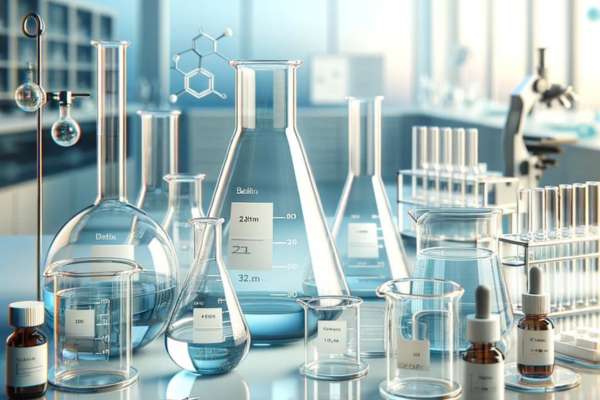
Using clean tableware is crucial for safety in the laboratory. Residual chemicals can pose significant hazards, potentially triggering harmful reactions when they mix with test solutions. By meticulously cleaning your glassware, you prevent these dangerous interactions, safeguarding both yourself and your colleagues.
Ensuring residue-free equipment not only maintains the integrity of your experiments but also upholds a safe working environment. This proactive approach to cleanliness minimizes the risk of contamination and unexpected chemical reactions, which can have serious consequences. Therefore, always prioritize the thorough cleaning of glass to protect everyone in the lab from potential hazards and ensure accurate, reliable results in your scientific endeavors.
7. Upholding Scientific Standards
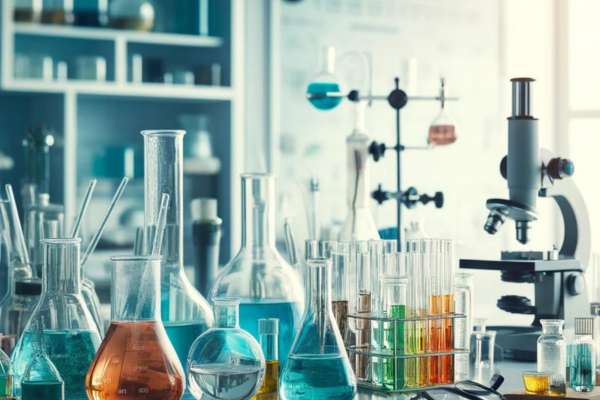
Adhering to strict protocols, including the use of clean glassware, is essential for maintaining high scientific standards. It demonstrates attention to detail and a commitment to quality in your research. This practice not only strengthens the credibility of your findings but also sets a positive example for others in the scientific community.
8. Best Practices for Cleaning Glassware
To ensure your glassware is clean and ready for pH experiments, follow these best practices:

1. Use Appropriate Cleaning Solutions: Depending on the type of residue use suitable cleaning agents. For general cleaning, a mild detergent and water are often sufficient. For stubborn residues, consider using acids, bases, or organic solvents.
2. Rinse Thoroughly: After cleaning, rinse the glass thoroughly with distilled or deionized water to remove any remaining cleaning agents that could affect pH measurements.
3. Dry Properly: Allow the tableware to air dry in a clean environment. Avoid wiping with towels or cloths that could introduce new contaminants.
4. Inspect for Cleanliness: Before use visually inspect the glassware for any remaining residues or water spots. If necessary, repeat the cleaning process.
9. Ensuring Safety
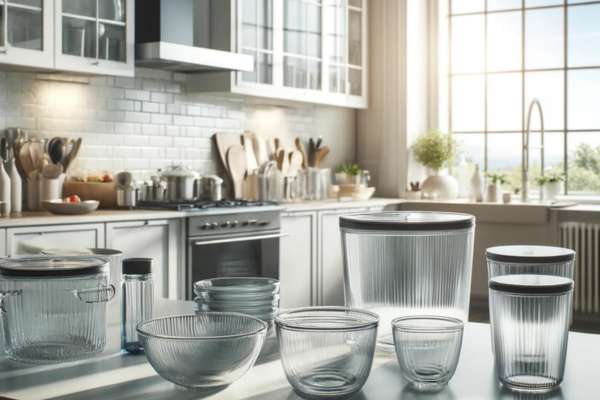
Ensuring safety in any laboratory setting is crucial. Contaminated glassware poses a significant risk to researchers, potentially leading to unexpected chemical reactions that can produce hazardous substances or cause accidents. By properly cleaning glassware, we minimize these risks and create a safer environment for conducting experiments.
Clean glassware eliminates the possibility of dangerous residues interacting with new chemicals, thus preventing harmful reactions. Researchers must follow strict cleaning protocols to ensure all equipment is free from contaminants. This practice not only protects the researchers but also ensures the accuracy and reliability of experimental results. Prioritizing tableware cleanliness is a simple yet essential step toward maintaining a safe and efficient laboratory.
Conclusion
Using clean glassware in pH experiments is not just a good practice it is a necessity. It ensures the accuracy, reliability, and safety of your experiments, supporting the integrity of your scientific research. By maintaining clean tableware you uphold the standards of scientific inquiry and contribute to the advancement of knowledge in your field.
Remember, the quality of your results is only as good as the cleanliness of your glassware. Make it a priority in your laboratory practices, and your research will benefit immensely.
